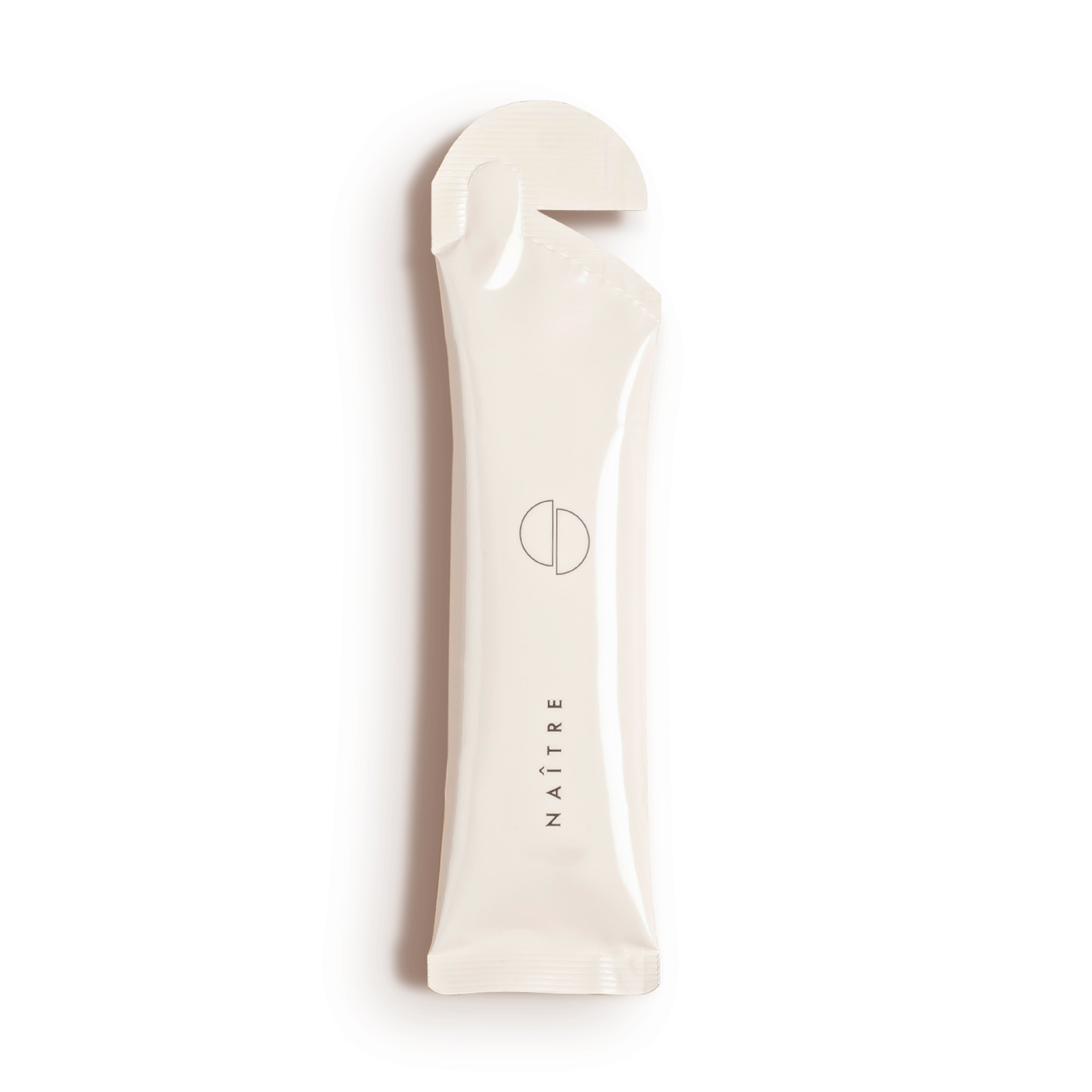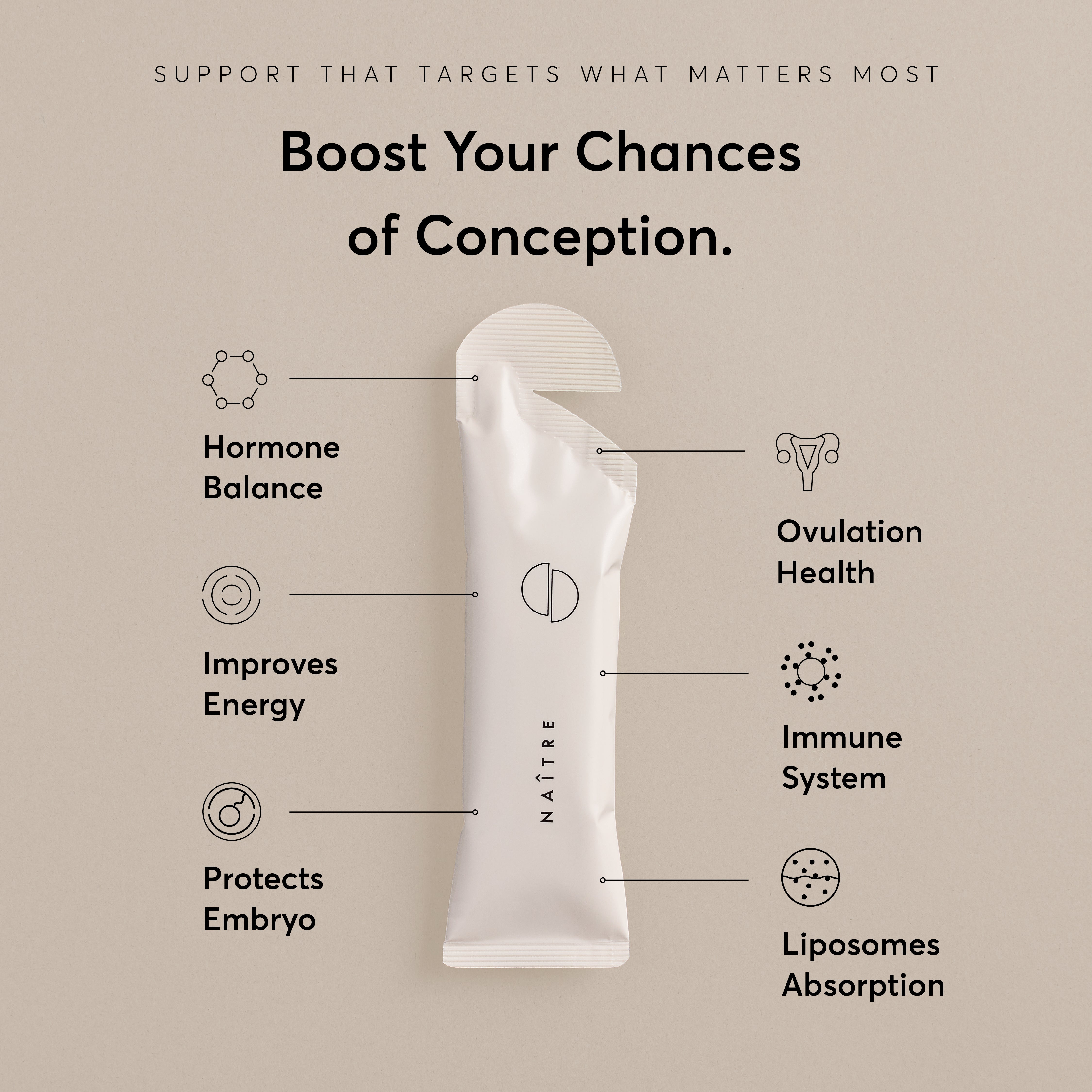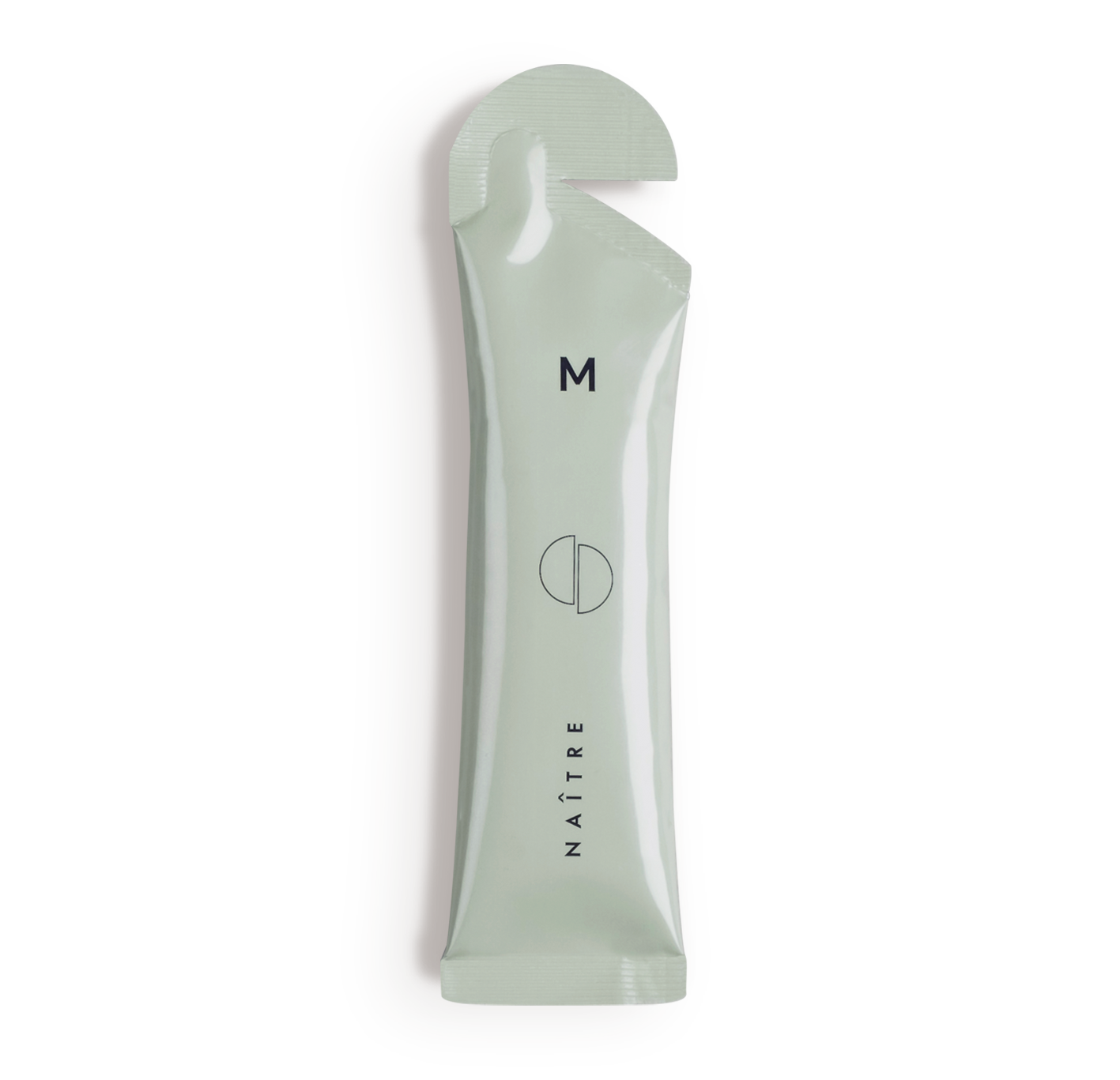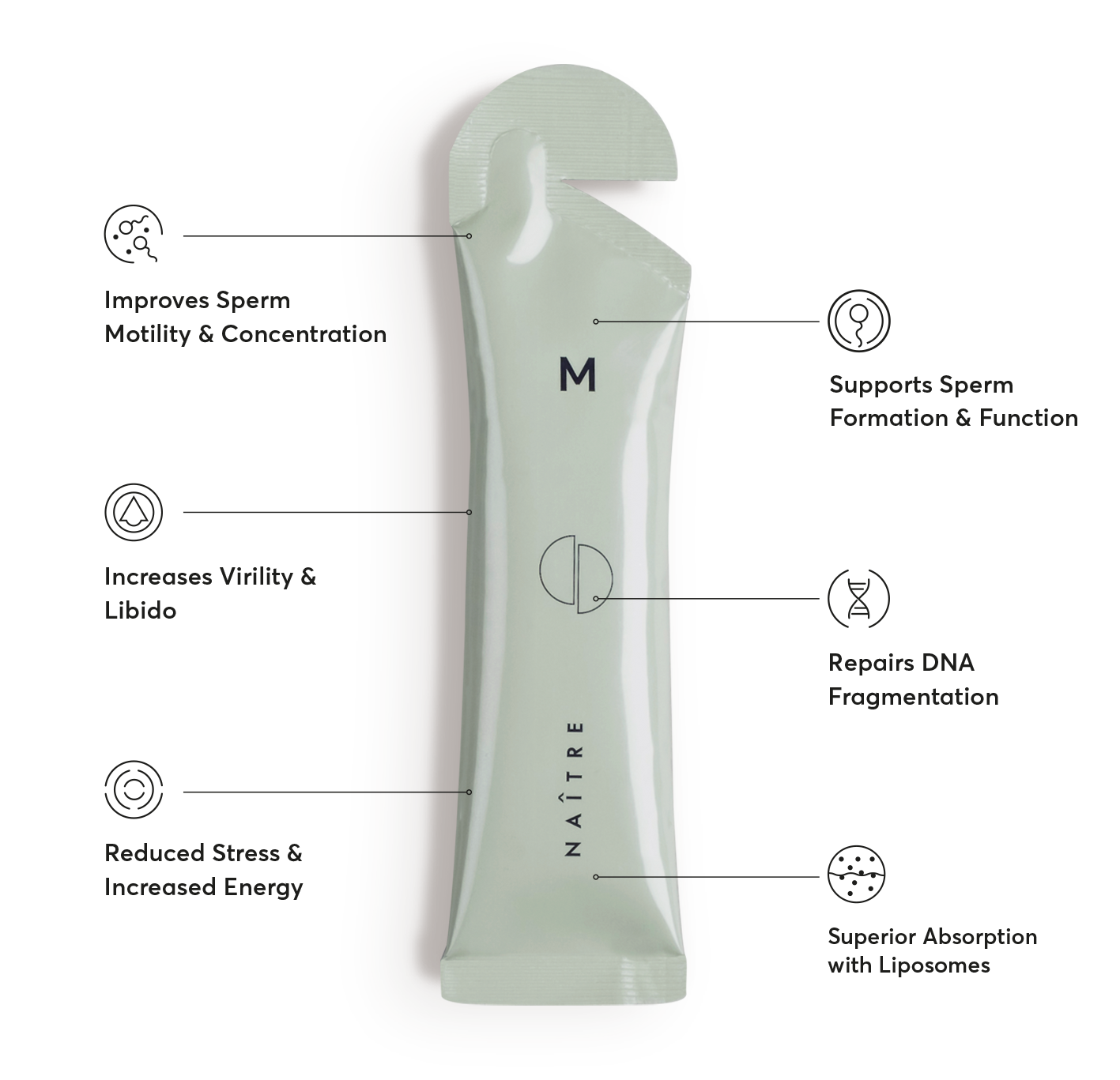
Your body is designed to absorb nutrients and supplements. However, the extent of the absorption depends on the bioavailability of the substance.
A substance (for example, a supplement) must access the circulation and reach the target tissue in the body. To achieve nutritional benefits, there is a fine balance between absorption (how much the body gets) and secretion (how much the body excretes).
Let’s explore what bioavailability means and why does it matter in the context of nutritional supplements.
What is bioavailability?
Bioavailability is one of the least appreciated factors contributing significantly to nutritional health. For nutritional supplements, bioavailability is considered the key to seeing truly beneficial effects.
The commonly accepted definition of bioavailability is the proportion of the nutrient that is digested, absorbed, and available for use or storage in the body.
Specifically, bioavailability refers to the extent to which a substance or drug becomes entirely available for its intended biological destination(s). As a measure, bioavailability represents the fraction of the initial dose of a substance (e.g., a drug or a supplement) that reaches the target site of action in the body or the bodily fluid from which the target site has unlimited access.
"Having a supplement with high doses of nutrients that are
not absorbed is of very little use."
Why is it important to study bioavailability?
Understanding the bioavailability of a nutritional supplement is essential to evaluate its therapeutic benefits. Having a well-designed nutritional supplement means optimising its bioavailability, even more than the dose. In fact, it is not enough to know how much of a nutrient is present in any given supplement.
The most critical parameter to ensure effectiveness is how much of that nutrient is going to become available for the body to absorb. Having a supplement with high doses of nutrients that are not absorbed is of very little use.
Discover our unique Liposome Fertility Formulas, developed for couples >
Delivery and formulation: the key to bioavailability
Several factors can affect how much of a nutrient contained in a supplement becomes actually available for the body to absorb. One of the most important ones is the drug delivery method.
Supplements that are administered orally must pass through the intestinal wall to reach the liver through the portal circulation. Both these sites are called sites of “first-pass metabolism,” meaning that the active component of the supplement might be metabolised before it can reach the systemic circulation.
Therefore, many orally administered supplements might struggle to reach an adequate plasma concentration that is going to be translated into a beneficial, therapeutic effect.
Formulation is also another important factor affecting bioavailability. For example, a supplement formulated into a tablet or capsule format will disintegrate in the stomach within a reasonable amount of time to release the active ingredient. If this does not happen at an optimal rate, the nutrient won’t be absorbed. To address this issues, newer liquid-based supplements seem to be more effective than capsules or tablets because they are more rapidly absorbed.
"Due to poor bioavailability, in many cases, the active ingredients can be destroyed in the gut or flushed away before delivering the intended benefits."
Other factors affecting supplements bioavailability
- The physical properties of a given compound (e.g., solubility, particle size)
- Circadian rhythm
- Interactions with other substances in your system
- Gastrointestinal health
Shop our Liposome Pregnancy Support Formula
To sum up
Be cautious of those supplements that include poor quality, cheaper ingredients with low bioavailability properties. To achieve the nutritional benefits bypassing the bioavailability issue, they are often delivered in excessively high doses, much more than the recommended daily amount. Some cheaper supplements can overload your system with inferior quality nutrients causing nausea and other side effects.
Supplements that are formulated to have high bioavailability will be more effective. Certain bioavailable ingredients and delivery methods ensure the body can absorb the active ingredient's optimum nutritional benefit without overloading.
As it becomes more widely recognised that bioavailability contributes significantly to nutritional health, there has been a growing trend of administering vitamins via an intravenous drip which can be risky and expensive. There is absolutely no need to go to such extreme lengths to correct any nutrient deficiencies you may have.
Naître's liposomal formulations deliver superior bioavailability through a unique combination of sourcing highly bioavailable ingredients, administering in a liquid format, and applying liposomal technology (which encapsulates the actives in tiny liposomal cells that can pass through the walls of the gut before then released directly into the bloodstream).
Dr Arianna Ferrini has a PhD in Tissue Engineering and Regenerative Medicine






